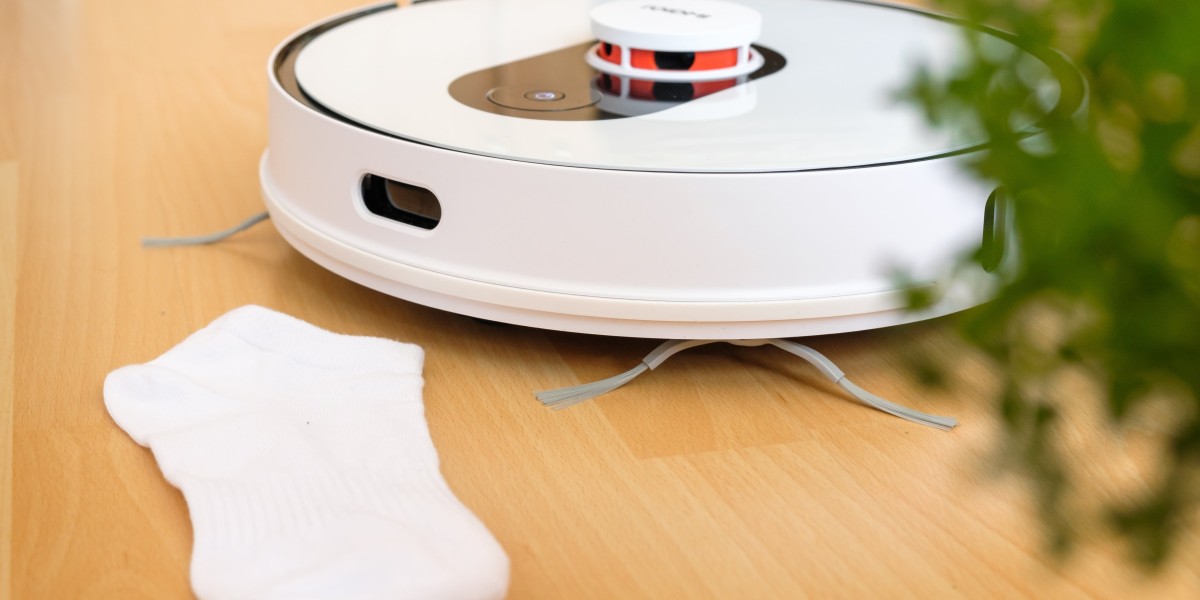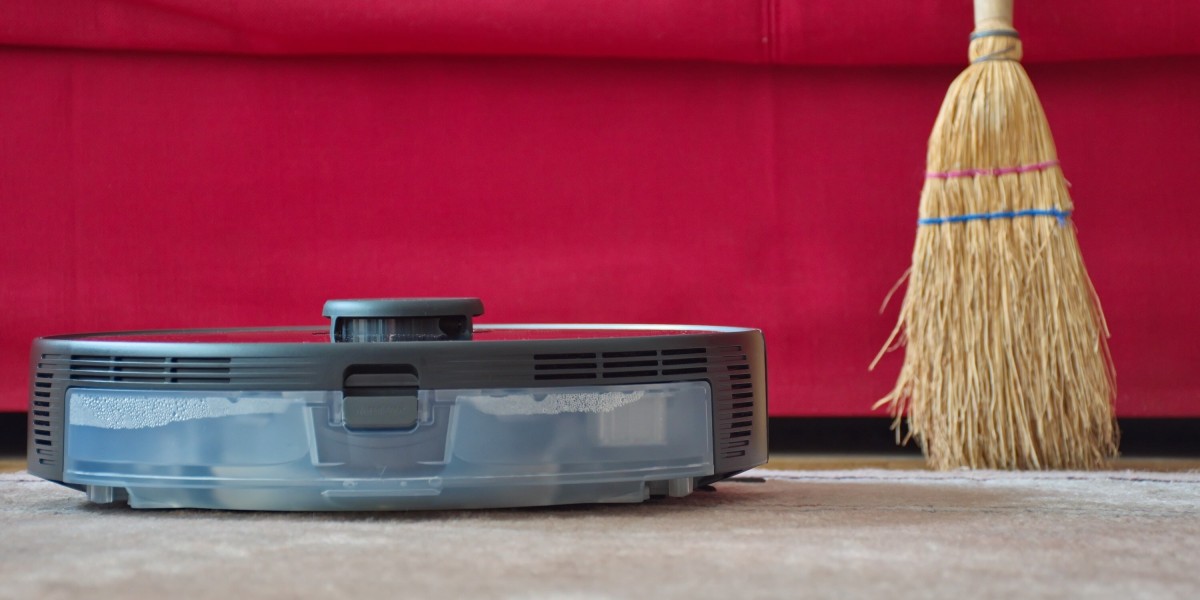Unlock Ultimate Comfort: Which Grounding Sheet Material Will Transform Your Sleep?
In a world where sleep quality is often compromised by daily stressors and electronic devices, grounding sheets have emerged as a popular solution for enhancing sleep and overall health. Grounding sheets, also known as earthing sheets, are designed to connect you with the Earth’s natural electric charge, which can help reduce inflammation, improve sleep, and promote a sense of well-being. When choosing grounding sheets, the choice of material is crucial, as it significantly affects conductivity, comfort, and maintenance. This article will compare two popular materials: bamboo and cotton, delving into their respective benefits and drawbacks to help you make an informed decision.

Understanding Grounding Sheets and Their Conductivity
Grounding sheets serve as a bridge between you and the Earth, allowing the flow of electrons from the ground to your body. This connection can help mitigate the effects of electromagnetic fields (EMFs) and promote better sleep quality. The effectiveness of grounding sheets largely depends on their conductivity, which is determined by the materials used. Conductive materials allow electrons to flow easily, enhancing the grounding experience. High conductivity in grounding sheets means better engagement with the Earth's energy, which can lead to deeper, more restorative sleep. As we explore the materials used in grounding sheets, understanding their conductive properties will help clarify which option is best suited for your needs.
Comparing Bamboo and Cotton as Grounding Sheet Materials
Bamboo and cotton are two of the most popular materials for grounding sheets, each boasting unique properties that cater to different preferences. Bamboo fabric is derived from the pulp of the bamboo plant, making it a sustainable choice that is soft to the touch and highly breathable. On the other hand, cotton is a traditional textile that has been used for centuries, known for its durability and comfort. While cotton sheets provide a cozy and familiar feel, bamboo sheets often offer superior moisture-wicking capabilities and temperature regulation. However, both materials have their strengths and weaknesses. Cotton sheets, while highly absorbent, can retain moisture, which may lead to discomfort for some sleepers. Bamboo, although soft and breathable, may require more delicate care to maintain its quality over time. Understanding these differences can help you determine which material aligns better with your sleep habits and lifestyle.
Bamboo Fabric: Conductivity and Comfort
Bamboo fabric is celebrated for its exceptional conductivity, which is essential for grounding sheets. The natural fibers of bamboo allow for efficient electron transfer, enhancing the grounding experience as you sleep. Additionally, bamboo is known for its breathability and moisture-wicking properties, which means it can keep you cool and dry throughout the night. This is particularly beneficial for those who tend to overheat or sweat during sleep. A friend of mine, who recently switched to bamboo grounding sheets, remarked on how much cooler and more comfortable she felt during the night compared to her previous cotton sheets. The combination of conductivity, breathability, and moisture management can significantly enhance the quality of your sleep, making bamboo a compelling option for grounding sheets.
Cotton Fabric: Traditional Choice for Grounding Sheets
Cotton fabric has long been the go-to choice for bed linens, and for good reason. Its softness and durability make it a popular option for many households. When it comes to grounding sheets, cotton also offers decent conductivity, although it may not match the performance of bamboo. Cotton sheets are easy to care for, can withstand frequent washing, and typically hold up well over time. A close friend who values tradition in her bedding often emphasizes the comforting feel of cotton against her skin. While cotton may not be as breathable as bamboo, its familiar texture and ease of maintenance make it a reliable choice for those who prefer a classic option.
Factors to Consider When Choosing Between Bamboo and Cotton
When deciding between bamboo and cotton grounding sheets, several factors come into play beyond just personal preference. Comfort is paramount; consider how each material feels against your skin and what temperature you prefer while sleeping. Environmental impact is another crucial consideration—bamboo is often seen as more sustainable due to its rapid growth and lower resource requirements. Maintenance is also important; bamboo may require more delicate care to maintain its integrity, while cotton is generally easier to wash and dry. Lastly, budget can influence your decision, as bamboo sheets may sometimes come at a higher price point than their cotton counterparts. Weighing these factors will help you find the perfect grounding sheets that suit your lifestyle and sleep needs.
Choosing Your Ideal Grounding Sheet Material
In conclusion, both bamboo and cotton grounding sheets offer unique benefits that cater to different preferences and needs. Bamboo fabric excels in conductivity and comfort, making it a great choice for those seeking to enhance their sleep experience with superior moisture management and breathability. Conversely, cotton provides a traditional and durable option with a familiar softness that many find comforting. Ultimately, the choice between bamboo and cotton will depend on individual priorities such as comfort, environmental considerations, maintenance, and budget. By weighing the pros and cons of each material, you can make an informed decision that will lead you to a more restful and rejuvenating sleep.








